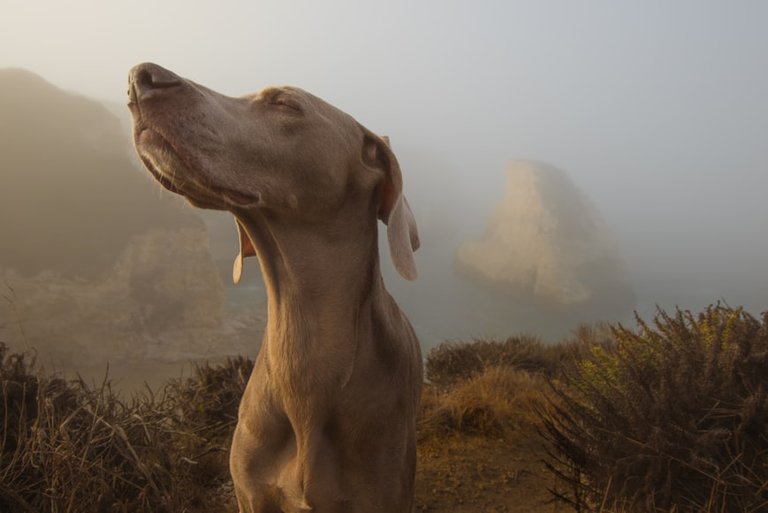Artificial Intelligence Advancing The Smell Senses
The smell is one of those mysterious senses, and scientists are at its very forefront in quite exciting breakthroughs. As a person with great interest in life sciences and their intersection with technology, I'm quite excited about recent developments using artificial intelligence to decode complexities surrounding smell.

The smell is a very highly developed sense - humans can detect nearly one trillion odors. And yet the underlying biology has, until recently, been one big mystery. There's just no simple spectrum or frequency that defines different smells, as there is with vision or hearing. Two very similar molecules can smell completely different, and vice versa, two different molecules can smell identical.
It's a code that has stumped researchers for decades.
Then came AI.
Today, researchers are utilizing the power of AI in a formidable effort to map the landscape of odors in ways previously unimagined. One team at Google, for instance, trained an AI on thousands of molecular structures, each with its corresponding smell description. And wow, did it get good: even better than human sniffers, the AI picked up scents and could categorize them into groups like "meaty," "floral," and "woody."
By no means perfect, but one giant leap toward bringing order to this chaotic world of smells.
I like this research because it opens so many possibilities.
One can only dream of recreating any smell digitally or designing new scents from scratch on a computer. We'll be able to find ways to make the odor and taste less dangerous and ecologically friendly. Perhaps we will create electronic noses that can sniff disease or hazardous chemicals. The applications for health, safety, and enhanced sensory experiences are huge.

While I can marvel to no end at the vastly complex, subtle sense of smell that our naturally developed noses have, an animal nose is still far more advanced in the field of odor detection than any of our advanced technology. Quite a lot of research is going on even in such hybrid systems that merge a biological nose with digital decoding.
The best of both worlds!
Compared with machines, dogs are more effective in sniffing out explosives and drugs.

And there's a lot that we don't know:
How, precisely, do those odor molecules activate a receptor in the nose?
How does that get converted into the brain into a perception of smell?
And why do certain smells trigger such intense emotion and memory?
These are not just intriguing questions, they sit at the crossroads of chemistry, neuroscience, and psychology.
With any luck, and as AI and other technologies keep getting better, I think we're likely to continue unraveling those mysteries. In the meantime, I hope we never lose the wonder at the incredible complexity of our biology. Our noses are technological wonders in their own right, honed over millions of years of evolution.
So the next time you stop and smell the roses, the coffee, or freshly cut grass, take a moment to appreciate the amazing job our olfactory system is doing. We are only starting to unravel some of its workings, but isn't that half the fun?
Posted Using InLeo Alpha
hello @willythewhale or @marshie1 ... I know what you are doing.